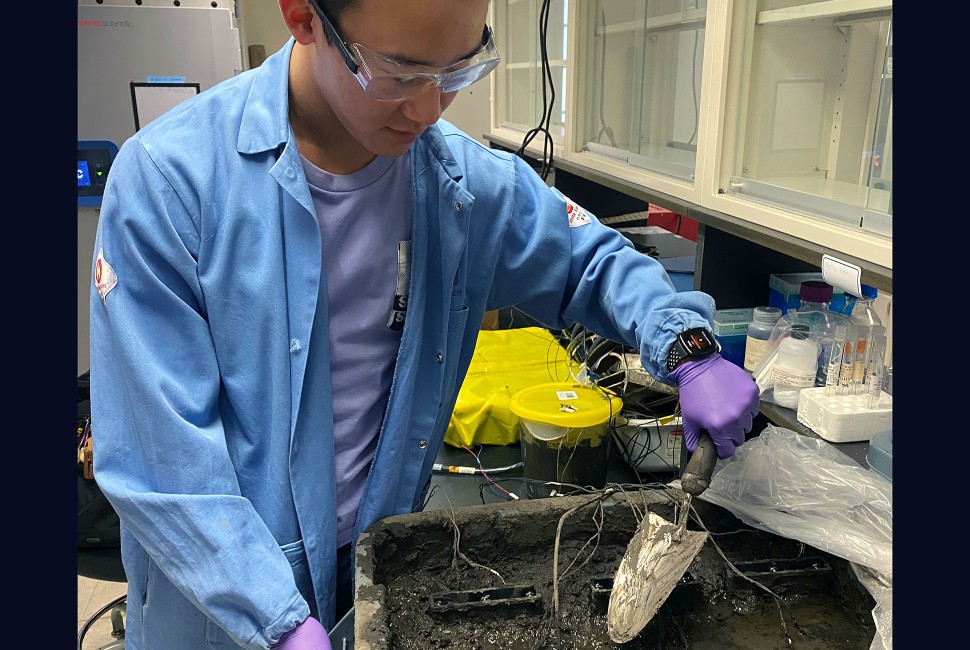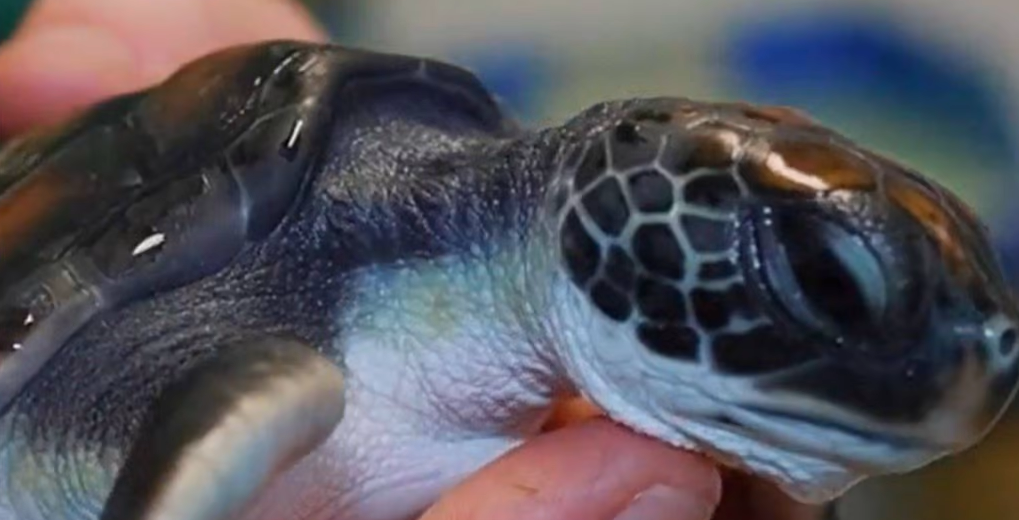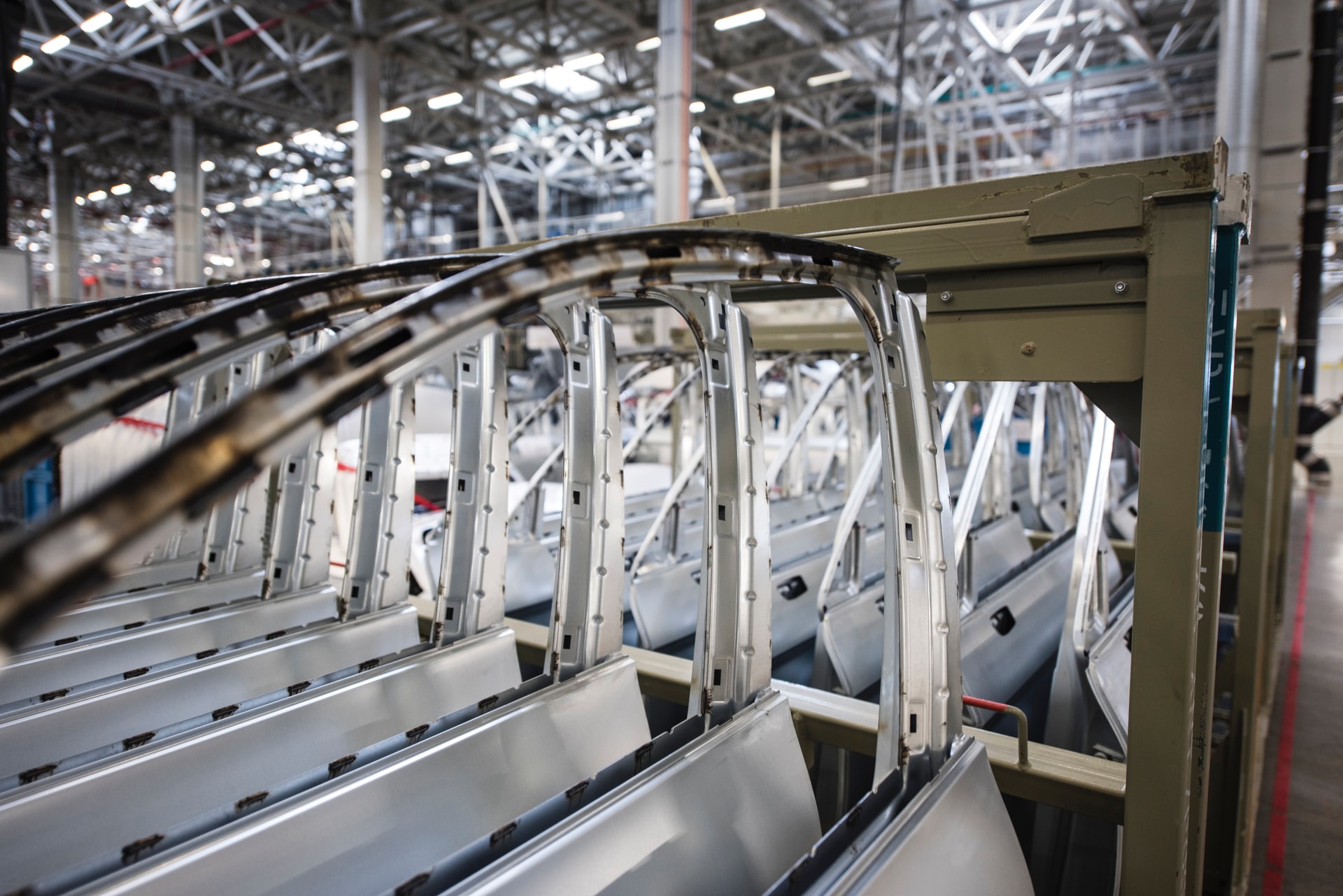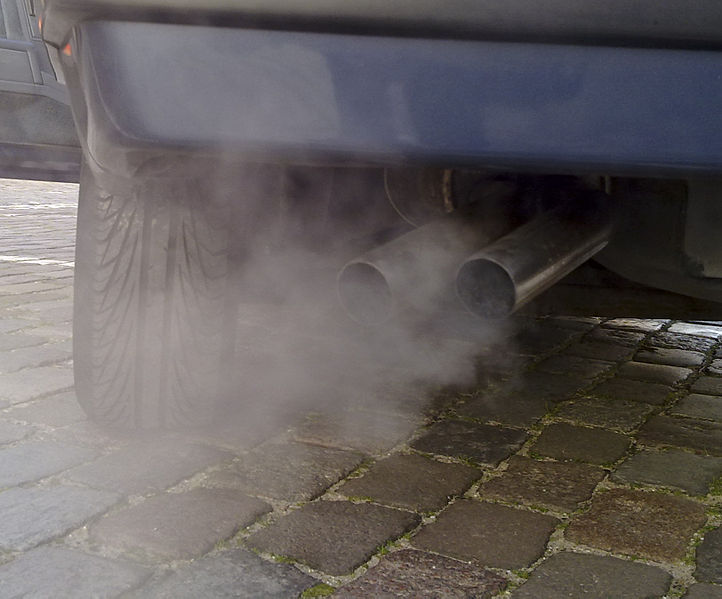The prevalent use of lithium-ion batteries, with billions currently in circulation, poses a substantial environmental threat due to resource depletion, toxic waste, and e-waste issues. We urgently need to find eco-friendly alternatives.
Seeking an innovative solution, a team of researchers led by Northwestern University delved into the soil in search of a sustainable and renewable alternative.
Breakthrough Dirt-Generated Fuel Cell Offers Sustainable Alternative to Batteries
The researchers have innovated a fuel cell capable of generating limitless power through dirt-generated electricity. This breakthrough holds promise as a sustainable, renewable alternative to traditional batteries.
This book-sized unit has potential applications in powering agricultural sensors and remote Internet of Things (IoT) devices. By harnessing electricity from naturally occurring soil bacteria, this technology presents a sustainable and renewable alternative to batteries with toxic and flammable components.
Researchers say that straightforward engineered systems can capture electricity from ubiquitous soil-dwelling microbes. While unsuitable for powering entire cities, this method can effectively harness small amounts of energy to fuel practical, low-power applications.
Reviving a Century-Old Concept
The soil-based microbial fuel cell (MFC) draws inspiration from a 113-year-old technology pioneered by British botanist Michael Cressé Potter. Initially successful in generating electricity from microorganisms, it took until the 21st century for commercial applications to emerge. Foster’s Brewing employed a prototype to convert brewery wastewater yeast into electricity.
The latest fuel cell, tested in various conditions, demonstrated a 120% longevity advantage over comparable technologies, successfully powering sensors for soil moisture and touch detection.







